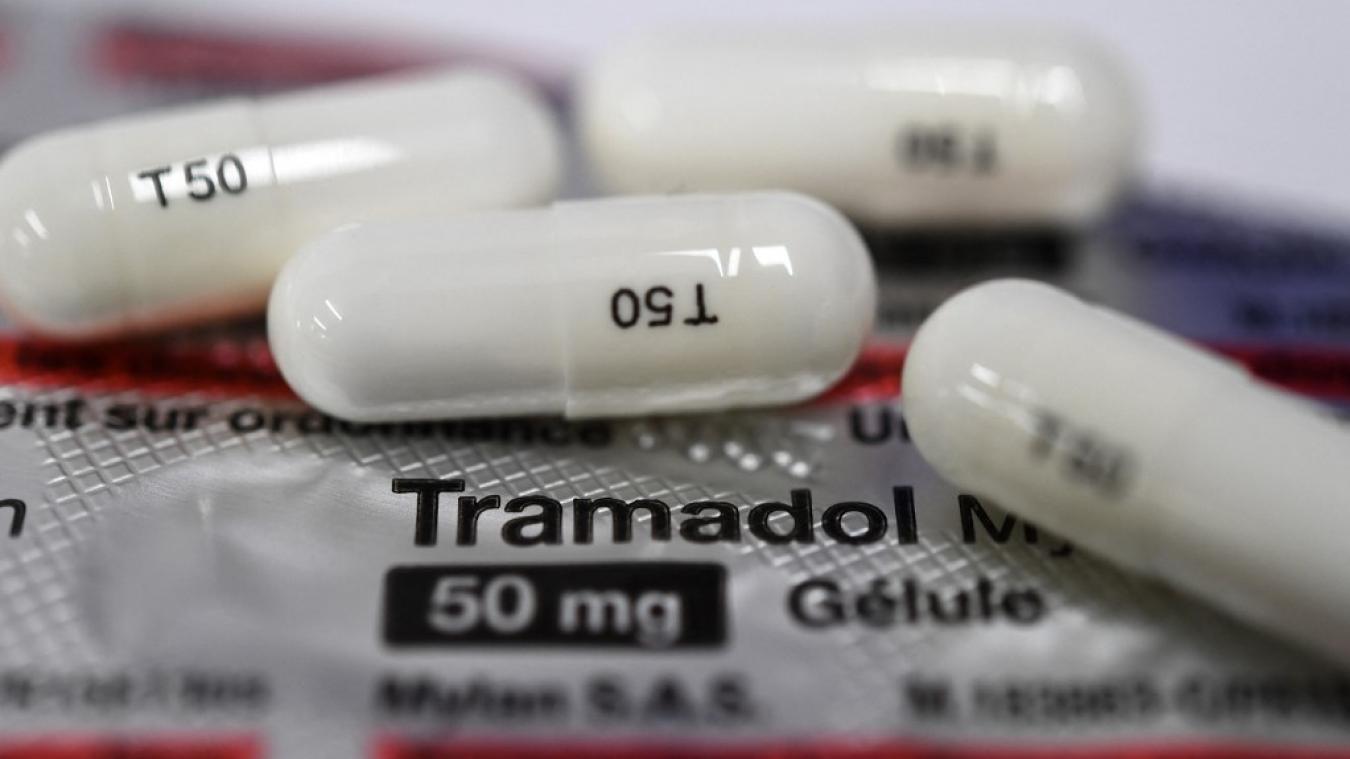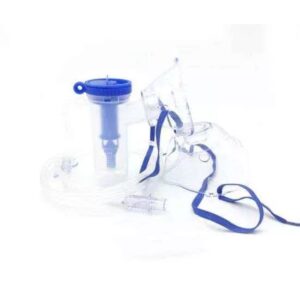Modafinil Side Effects and Dosage
Are you curious about modafinil, the popular medication used to treat sleep disorders like narcolepsy, obstructive sleep apnea, and shift work sleep disorder? Maybe you’ve heard about its use as a cognitive enhancer and want to learn more about how it works, the right modafinil dosage, and what modafinil side effects to watch out for. In this comprehensive guide, we’ll break down everything you need to know—from how to take modafinil safely to understanding both common and serious side effects.
What Is Modafinil?
Modafinil is a prescription medication that promotes wakefulness. It’s most commonly used to help people with excessive daytime sleepiness caused by narcolepsy, obstructive sleep apnea, or shift work sleep disorder. Unlike traditional stimulants, modafinil works on specific areas of the brain to help you stay alert without causing extreme highs or crashes.
Modafinil Dosage: How Much Should You Take?
Standard Modafinil Dosage
- For Narcolepsy or Obstructive Sleep Apnea:
- Adults and teenagers 17 years and older: The usual dose is 200 mg taken once a day in the morning.
- Older adults (over 65): Doctors often recommend starting with a lower dose, such as 100 mg per day, and monitoring closely.
- Children under 17: Use and dosage must be determined by a doctor.
- For Shift Work Sleep Disorder:
- Adults and teenagers 17 years and older: Take 200 mg one hour before the start of your work shift.
Can the Dose Be Increased?
- If the initial dose isn’t effective: Your doctor may increase the dose by 100 mg every 2–4 weeks, up to a maximum of 400 mg per day in one or two divided doses.
- Maximum dose: The licensed maximum is 400 mg daily, but higher doses have not consistently shown extra benefits.
- Special populations: If you have severe liver problems, your doctor may reduce your dose by half5.
How to Take Modafinil
- Take it at the same time each day: Consistency helps maintain steady levels in your body.
- With or without food: Modafinil can be taken with or without food.
- Missed dose: If you forget a dose, skip it and take your next dose at the usual time. Do not double up to make up for a missed dose, as this could make it harder to sleep.
Modafinil Side Effects: What to Expect
Modafinil is generally well-tolerated, but like any medication, it can cause side effects. Most side effects are mild and go away as your body adjusts. However, some can be serious and require medical attention.
Common Modafinil Side Effects
Many people experience mild side effects, including:
- Headache
- Dizziness
- Nausea
- Diarrhea or constipation
- Dry mouth
- Back pain
- Nervousness or anxiety
- Difficulty sleeping (insomnia)
- Loss of appetite
- Flushing or sweating
These side effects usually don’t require medical attention unless they are severe or persistent.
Less Common Modafinil Side Effects
Some people may experience less common side effects, such as:
- Unusual tastes in the mouth
- Excessive thirst
- Nosebleeds
- Muscle tightness or difficulty moving
- Confusion
- Tingling, burning, or numbness in the skin
- Eye pain or vision problems
Serious Modafinil Side Effects
While rare, some side effects can be serious and require immediate medical attention. If you experience any of the following, stop taking modafinil and contact your doctor right away:
- Skin rash, blisters, or peeling skin
- Mouth sores or hives
- Itching or swelling of the face, throat, tongue, lips, eyes, hands, feet, or lower legs
- Difficulty breathing or swallowing
- Chest pain or irregular heartbeat
- Frenzied or abnormally excited mood
- Hallucinations (seeing or hearing things that aren’t there)
- Severe depression or thoughts of harming yourself
- Yellowing of the skin or eyes (jaundice)
- Dark urine or severe stomach pain
Modafinil can also cause severe allergic reactions, including a rare but serious condition called DRESS (Drug Reaction with Eosinophilia and Systemic Symptoms), which can affect multiple organs.
Who Should Not Take Modafinil?
Modafinil is not right for everyone. You should not take modafinil if you:
- Have had an allergic reaction to modafinil or similar medications
- Have uncontrolled moderate to severe high blood pressure
- Have a history of serious heart problems or arrhythmias
- Have certain rare genetic conditions (like galactose intolerance)
- Are pregnant or breastfeeding
If you have a history of mental health problems, substance abuse, or heart disease, talk to your doctor before starting modafinil.
How to Stay Safe While Taking Modafinil
- Follow your doctor’s instructions: Only take modafinil as prescribed. Do not increase your dose or take it more often than recommended.
- Monitor your health: Regular check-ups are important, especially if you have heart problems or a history of mental illness.
- Watch for side effects: Pay attention to how you feel and report any unusual symptoms to your doctor.
- Avoid grapefruit: Grapefruit and grapefruit juice can interact with modafinil, so talk to your doctor about whether you should avoid them.
- Be cautious with activities: Modafinil can cause dizziness or drowsiness in some people. Avoid driving or operating heavy machinery until you know how it affects you.
- Who Should Not Take Modafinil?
- Modafinil is not right for everyone. You should not take modafinil if you:
- Have had an allergic reaction to modafinil or similar medications
- Have uncontrolled moderate to severe high blood pressure
- Have a history of serious heart problems or arrhythmias
- Have certain rare genetic conditions (like galactose intolerance)
- Are pregnant or breastfeeding
- If you have a history of mental health problems, substance abuse, or heart disease, talk to your doctor before starting modafinil.
- How to Stay Safe While Taking Modafinil
- Follow your doctor’s instructions: Only take modafinil as prescribed. Do not increase your dose or take it more often than recommended.
- Monitor your health: Regular check-ups are important, especially if you have heart problems or a history of mental illness.
- Watch for side effects: Pay attention to how you feel and report any unusual symptoms to your doctor.
- Avoid grapefruit: Grapefruit and grapefruit juice can interact with modafinil, so talk to your doctor about whether you should avoid them.
- Be cautious with activities: Modafinil can cause dizziness or drowsiness in some people. Avoid driving or operating heavy machinery until you know how it affects you.
- Modafinil and Mental Health
- Modafinil can affect your mood and mental health. Some people may experience anxiety, depression, hallucinations, or even suicidal thoughts. If you notice any changes in your mood or behavior, stop taking modafinil and contact your healthcare provider immediately.
- Modafinil and Birth Control
- Modafinil can reduce the effectiveness of hormonal contraceptives, including the pill and the progesterone-only pill. If you use these methods, talk to your doctor about alternative ways to prevent pregnancy while taking modafinil.
- What If I Miss a Dose?
- If you forget to take your modafinil, skip the missed dose and take your next dose at the usual time. Do not take a double dose, as this could make it harder to sleep1.
- When to Call Your Doctor
- Call your doctor if you:
- Develop a rash, blisters, or peeling skin
- Have trouble breathing or swallowing
- Experience chest pain or an irregular heartbeat
- Notice changes in your mood or mental health
- Have severe stomach pain, dark urine, or yellowing of the skin or eyes
- Modafinil: Key Takeaways
- Standard modafinil dosage: 200 mg once daily in the morning for most adults.
- Maximum dose: Up to 400 mg daily, but not always more effective.
- Common modafinil side effects: Headache, nausea, dizziness, insomnia, and dry mouth.
- Serious modafinil side effects: Skin reactions, allergic reactions, heart problems, and mental health changes.
- Who should avoid modafinil: People with certain heart conditions, allergies, or mental health histories.
- Safety tips: Follow your doctor’s instructions, monitor for side effects, and avoid grapefruit.
- Final Thoughts
- Modafinil can be a helpful medication for people struggling with excessive sleepiness due to sleep disorders. However, it’s important to use it safely and be aware of both common and serious modafinil side effects. Always follow your doctor’s advice, monitor your health, and report any unusual symptoms right away.













